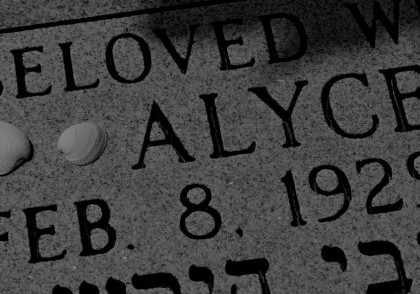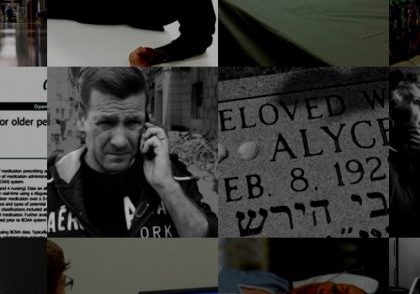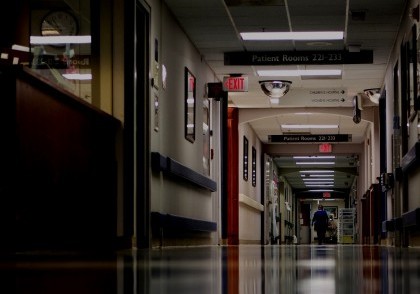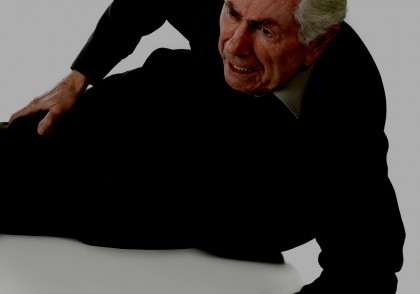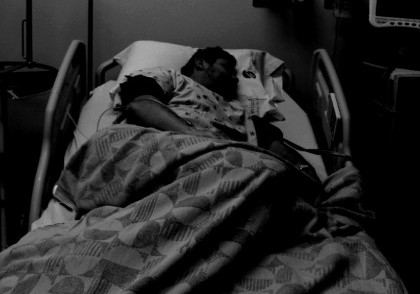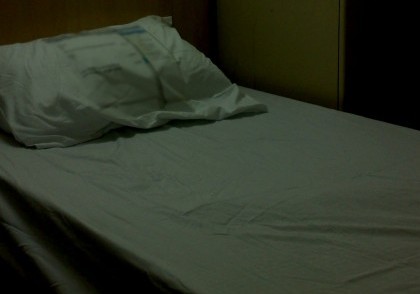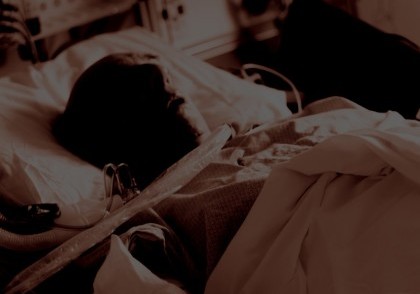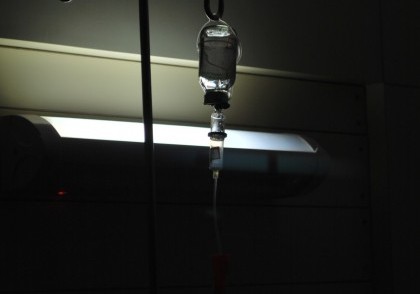When you entrust the care of a loved one to a nursing home or long term care facility, you expect a proper standard of care. Often, elderly individuals require several prescription medications to manage long term health issues. These can frequently include blood thinners, anti-psychotics, chemotherapy drugs, laxatives, heart medication, and blood pressure medication, along with various patient-specific drugs. While exact numbers are difficult to estimate, according to one study, the average senior fills between 9 and 11 prescriptions a year, and, according to another, 36% of older patients took 5 or more prescription medications daily. Many of these medications require precise preparation and administration in order to work effectively and protect the patient.
Medications in nursing homes are generally administered during a “med pass,” which can take anywhere from 3 to 8 hours. During a med pass, a nursing home worker will make rounds to all the patients who need medication while pushing a cart which carries the prepared drugs. Med passes should follow a strict schedule. A Registered Nurse (RN) or physician must prepare and administer all medications, although sometimes other individuals are permitted to distribute medication under the supervision of a nurse. Each nursing home should have clearly defined, written procedures for their particular protocol concerning med passes.
Unfortunately, when a nursing home is managing the care and medication for hundreds of residents, particularly if the nursing home is short staffed, errors can be made. A medication error can refer to a drug prepared in the wrong fashion, administered incorrectly, or managed differently than instructed by a physician or pharmacist.
Common Medication Errors
The range of medication errors differs widely. One one hand, they can include more minor errors, such as administering a medication that has expired a couple of days prior or not feeding a patient whose medication requires that it be taken with food. Although errors such as these can have serious detrimental effects and should be avoided by all means possible, it is unlikely that they will cause health issues. On the other hand, more serious medication errors can include administering a medication to the wrong patient or prescribing a medication to a patient which interacts negatively with a medication that patient is already taking.
A study by the Medication Error Quality Initiative compiled the following list of the most common medication administration errors:
- Giving expired medications
- Giving too much medication
- Giving too little or skipping a dose of medication
- Using an incorrect med administration technique
- Giving the medication at the wrong time or at the wrong rate
- Giving the wrong form of the medication, the wrong strength or the wrong medication altogether
- Documenting the giving of the medication incorrectly
- Failing to monitor the resident after giving the medication
- Having a lab error
- Following the wrong med pass routine
Often, the attending physician, with the input of nurses and caregivers, will prescribe additional medications to patients during their time in the nursing home to manage conditions that arise or in an emergency situation. In this case, they must assure that the patient is closely monitored and any changes to their health must be observed and documented to prevent serious problems.
Medication Malpractice
Although the majority of the preceding medication errors are made due to mistakes, confusion, or carelessness, there are also a few situations in which nursing home facilities or individual workers intentionally disobey a doctor’s instructions for medication distribution and instead decide to improvise treatment or abuse the system for their own gain. Medication errors which are obviously intentional can be grounds for a lawsuit. The following represents a short list of some errors in this category.
- Ignoring an Order: this occurs when a nursing home employee knowingly chooses to ignore a doctor’s orders, ignore a prescription’s packaging instructions, or add or discontinue medication without documenting the change or receiving approval from a RN or physician. This may be done to decrease the labor required for medication distribution and increase the speed of med passes.
- Medication Mismanagement: this term applies to nursing home facilities when they fail to stock or order a specific known prescription for the residents in their care, so the medication is not available to the patient.
- Medication Borrowing: as the term suggests, medication borrowing refers to the practice of borrowing a pill from one patient to give to another. Nursing home staff might do this if one person runs out of medication or the medication is missing during a med pass and they do not wish to go and retrieve the correct medication.
- Stealing Medication: unfortunately, as prescription drug addiction rates rise, diverting medications from nursing homes becomes more and more lucrative. Sometimes staff members will take a patient’s medication for their own personal use, or steal the pills for sale to others.
Rights and Legal Recourse
All residents of nursing homes or long term care facilities have the right to be informed about the medications that they are taking and any changes to their prescriptions or state of health. Often, family members also have this right, but facilities must follow the Health Insurance Portability and Accountability Act (HIPAA) which limits access to a patient’s medical records, and sometimes facilities will intentionally prevent family members from obtaining medical records in the case of error. In addition, patients have the right to refuse treatment and be informed about the risks associated with refusal and alternative courses of treatment.
You may suspect that a nursing home facility is mismanaging your loved one's medication or believe that a preventable medication error caused a wrongful death. In either of these cases, you may feel helpless and unsure of what steps to take to either ensure your loved one's protection or prevent a repetition of your tragedy. To speak with an attorney about your legal options, call the Law Office of Dalli and Marino today at (888) 465-8790 or contact us online for a free case evaluation.
Case Study – [MC]
“But for that dosing error… Mom would still be with us.” DATELINE…
Case Study: Wrongful Death
Nursing Home Abuse: Case Study 19: Wrongful Death in a Nursing Home
Case Study: Nursing Home Abuse — From a Distance
You can’t be there every minute. But what of the warning signs for nursing home abuse?
Cases of Nursing Home Abuse
Review our portfolio of case studies covering numerous aspects of nursing home abuse: falls, bedsores, over-medication, neglect.
Case Study: Where is Everyone?
Nursing Home Abuse Case Study: Understaffing or neglect in a nursing home can cause severe loneliness, depression, loss of appetite or ignore health warning signs.
Case Study: Nursing Home Falls
Nursing Home Abuse: Despite best practices intended to reduce the incidence of falls, they remain a common cause for nursing home injuries.
Case Study: It Starts with Bruising
Nursing Home Abuse: Bedsores caused by neglect
Case Study: Nursing Home Bedsore
Nursing Home Abuse: Bedsores can lead to fatal complications, including organ failure and even cancer.
Case Study: I Never See A Doctor When I Request One
Nursing Home Abuse Case Study: Patients fail to receive prompt attention from nursing home physicians.
Case Study: Medication Error
Nursing Home Abuse Case Study: A medication error leads to dangerous health complications or death.
